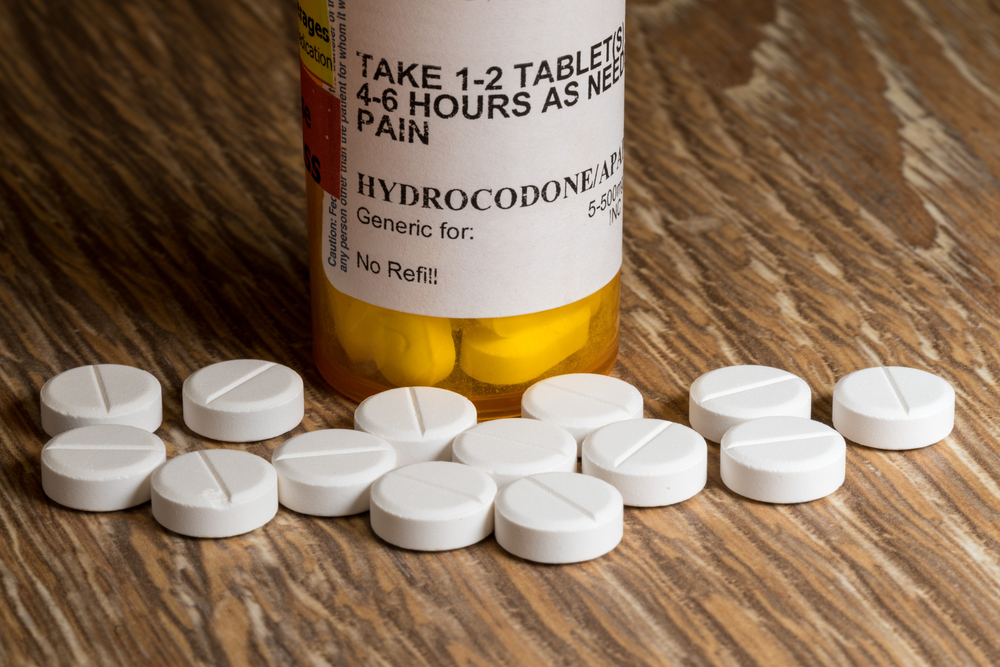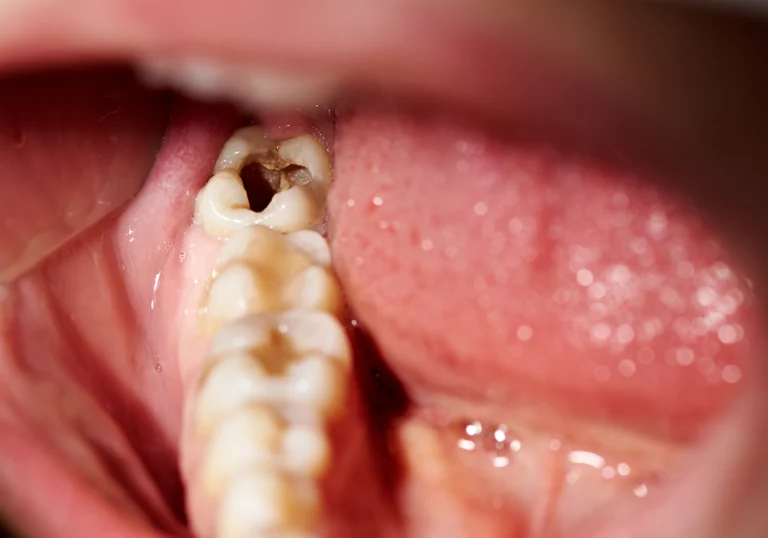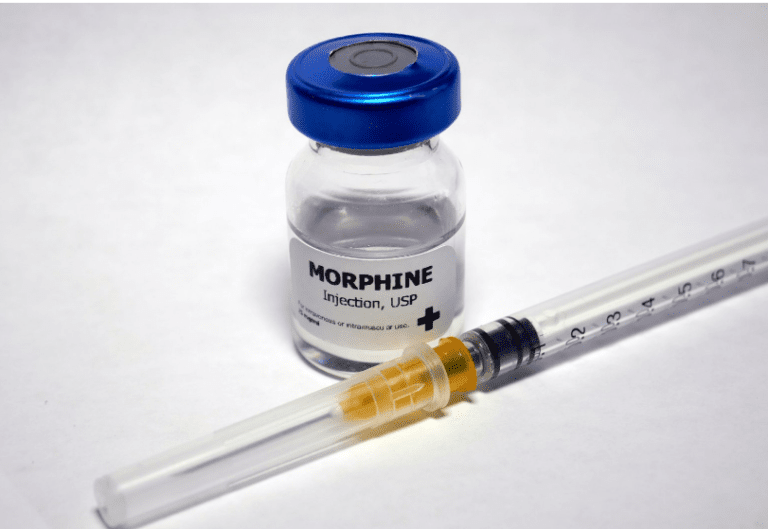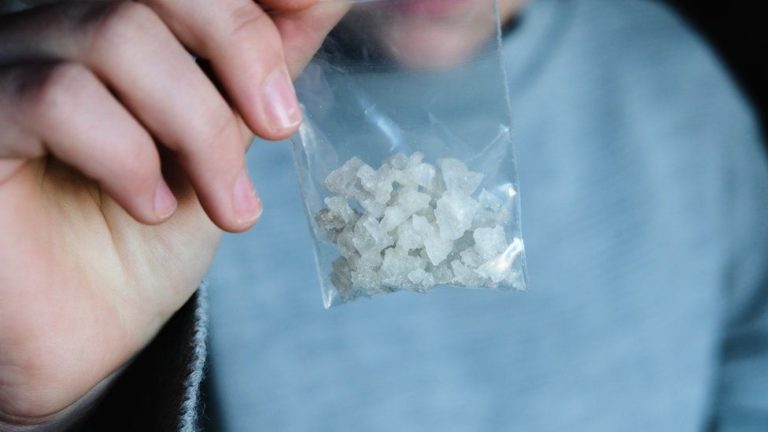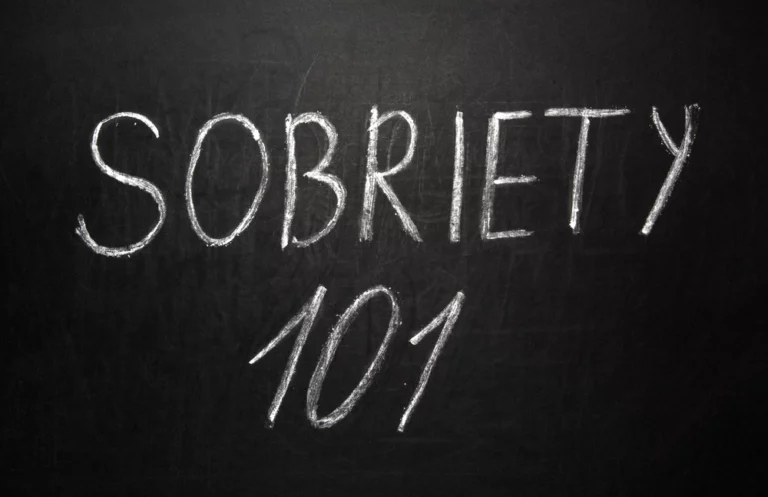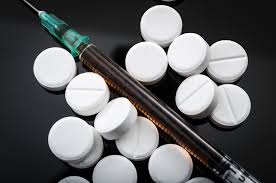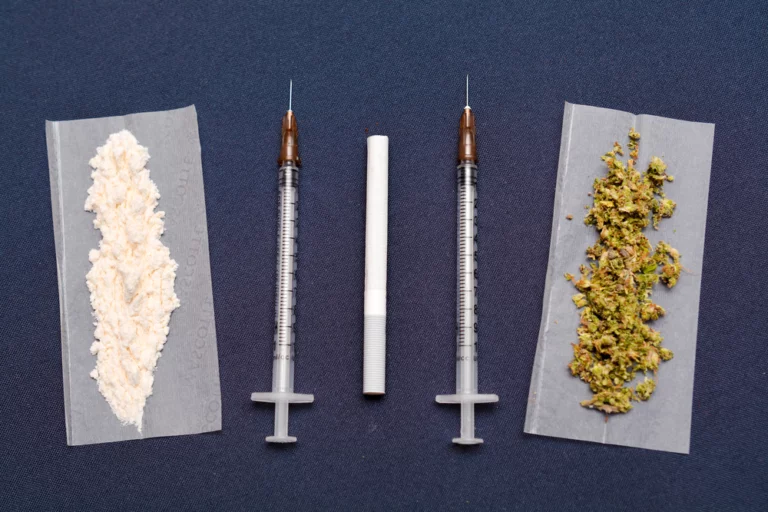More Than 25 Hydrocodone Withdrawal Symptoms You Should Know About
Hydrocodone withdrawal can be dangerous, ranging from mild symptoms, such as runny nose, chills, and sweating, to severe symptoms, such as suicidal thoughts, anxiety, and insomnia. If you’re currently taking or thinking about taking hydrocodone, this article will prepare you for what happens if you develop an opiate dependency and quit suddenly.
You’ll learn more about than 25 hydrocodone withdrawal symptoms, ranging from mild to moderate to severe, a typical withdrawal timeline, and what to do after detoxing in this short blog.
What is Hydrocodone?
Hydrocodone is a potent painkiller for severe and prolonged pain, typically prescribed when other treatments aren’t effective. However, it’s not intended for occasional pain relief, such as headaches or bruises. It belongs to a class of drugs called opiates, which alter how the brain and nerves perceive pain. Other opiates include oxycodone, fentanyl, codeine, morphine, and more.
There are numerous hydrocodone products available, both with brand names and generic versions. Many of these combine hydrocodone with other substances. One common example is combining hydrocodone with acetaminophen, sold as Vicodin or Lortab.
Unfortunately, some individuals misuse hydrocodone for its opioid effects. This often involves acquiring it illegitimately through methods like fake prescriptions, altering prescriptions, theft, or purchasing from online sources. Hydrocodone pills are frequently misused, usually taken orally and sometimes with alcohol.
Read more: Frankenstein Opioids: Ingredients, Dangers, & More
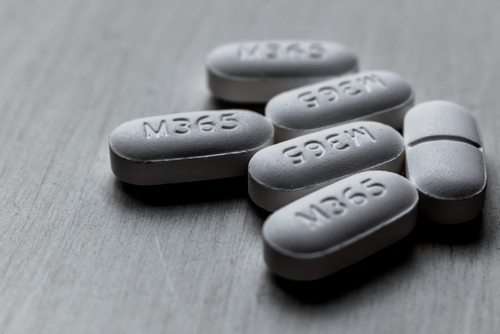
Why Does Hydrocodone Cause Withdrawals?
Opiate medications like hydrocodone attach to various opioid receptors in the brain and central nervous system. They slow down certain body functions, causing lower breathing, heart rate, blood pressure, and body temperature. When someone relies on an opioid like hydrocodone, stopping it suddenly can lead to tough effects.
The brain and body go into overdrive to get back to normal. This can cause a sudden rise in blood pressure, breathing, body temperature, and heart rate if someone abruptly stops using or misusing hydrocodone. So, it’s not recommended to quit a hydrocodone product suddenly on your own. It’s safer to have medical guidance and supervision.
Hydrocodone Withdrawal Symptoms You Should Know About
The effects of stopping hydrocodone can cause a range of withdrawal symptoms, from mild to severe, and these can vary from person to person. Just as the time it takes to go through withdrawal can be influenced by how dependent the brain is on hydrocodone, the strength and types of withdrawal symptoms can also vary based on genetics, weight, and immune system.
When someone stops taking hydrocodone, they might experience these particular withdrawal symptoms:
- Muscle aches and fatigue
- Runny nose
- Excessive tearing (watery eyes) and yawning
- Nausea and vomiting
- Abdominal cramps and diarrhea
- Sweating or chills
- Night sweats
- Goosebumps
- Insomnia and restlessness
- Mood swings and trouble feeling joy or pleasure
- Irregular heart rate and high blood pressure
- Difficulties concentrating or focusing
- Anxiety, depression, and suicidal thoughts
- Irritability and agitation
- Headaches
- Cravings for opiates

Hydrocodone Withdrawal Timeline
In most cases, when someone who relies on hydrocodone stops taking it, withdrawal symptoms typically begin within 6 to 12 hours after their last dose. The exact timing can depend on the specific type of hydrocodone product they were using. Many hydrocodone products, like Norco and Vicodin, have effects lasting about 4 to 6 hours because they’re designed to work immediately. However, some types release the drug slowly over 12 hours, which might delay the start of withdrawal a bit. This information comes from the Journal of Pain Research.
- Phase 1: The first signs of withdrawal begin. This could happen within 12 hours of the last short-acting hydrocodone dose or in the initial 24 hours if you were using a long-acting type.
- Phase 2: Withdrawal symptoms are at their strongest. For short-acting hydrocodone products, this peak happens within one to two days, while it varies for long-acting products.
- Phase 3: Symptoms start to lessen. After about three to five days for short-acting hydrocodone or up to 10 days for long-acting ones, the symptoms gradually decrease.
- Phase 4: Lingering symptoms. Some effects like trouble sleeping, feeling down, and anxiousness might stay for weeks to months after stopping hydrocodone. These will get better with time.
Read more: Withdrawing From Fentanyl: Signs & Symptoms

What To Do After Detoxing From Hydrocodone
Once you’ve gone through the initial phases of hydrocodone withdrawal and the most severe mental and physical symptoms have faded, you’re going to need some help with the psychological effects. Your mind might crave hydrocodone or any other substance in order to relieve feelings of anxiety or depression. This is when addiction treatment comes into play.
You don’t need to go to a several-week-long inpatient program anymore. Thanks to intensive outpatient programs, you can go to opiate addiction treatment during the day and then return home in the afternoon with new skills you can apply then and there. Most of these programs offer
- Clinical partnerships with detox facilities: Most professional addiction treatment centers are partnered with detox centers to provide comprehensive substance use disorder treatment.
- Evidence-based therapy methods: Most addiction treatment centers offer therapy methods that focus on behavior, cognitive distortions, and underlying mental health disorders like borderline personality disorder, bipolar disorder, and generalized anxiety disorder.
- Trauma-informed care: Comprehensive treatment programs should always consider traumatic experiences and unhealthy relationships when treating substance use disorders. PTSD and other trauma-induced mental health disorders can cause people to turn to drugs to cope with their past.
- Holistic healing modalities: Addiction treatment programs that incorporate yoga, music, art, and physical outdoor activities are some of the most effective programs. You’ll learn how to be present, ground yourself, and develop coping skills to counter cravings and negative feelings.
Contact Oasis Recovery Center
If you or someone you know is struggling with hydrocodone abuse or withdrawals, contact Oasis Recovery Center in Asheville, NC. Our addiction treatment center is the perfect place to overcome debilitating substance use disorders, including alcohol, benzo, and barbiturate addiction. We’ll set you up with one of our partner detox facilities and then help you transition into the recovery process with intensive outpatient and aftercare programs. Don’t wait, call today to start walking on the path to true wellness.



